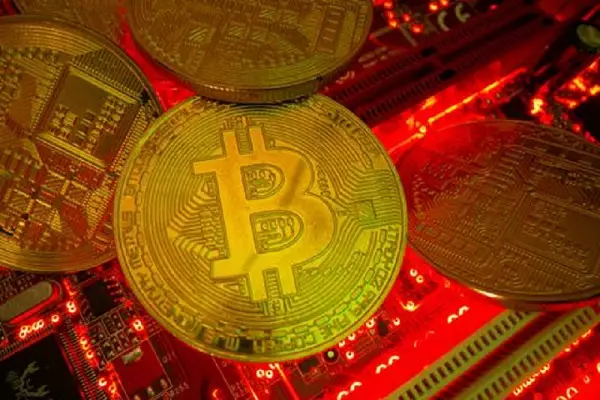The cryptocurrency landscape is burgeoning with innovation; however, the rapid creation of new tokens presents a significant challenge. Brian Armstrong, CEO of Coinbase, has amplified this concern by highlighting the staggering rate at which tokens are being produced—approximately one million each week. Armstrong’s observation goes beyond mere statistics; it delves into inherent flaws within the current evaluation system for new tokens. As it stands, assessing each of these tokens individually is becoming virtually impossible, creating a chaotic environment that could mislead investors and traders alike.
Armstrong has proposed a novel solution: transitioning from relying on an “allow list,” which culls approved tokens, to adopting a “block list” approach that would identify and eliminate problematic ones. This shift emphasizes community engagement through user reviews and leverages automated tools to analyze on-chain behavior, enabling a more efficient method for navigating the token jungle. Furthermore, he has indicated a desire to work closely with decentralized exchanges (DEXs), envisioning a harmonious trading ecosystem where both centralized and decentralized platforms work seamlessly together.
Criticism from the Gold Advocate
In stark contrast to Armstrong’s optimism, Peter Schiff, a prominent critic of Bitcoin and an ardent advocate for gold, has dismissed the value proposition of cryptocurrencies with his characteristic candor. Schiff’s primary contention revolves around the concept of limited supply—a cornerstone for Bitcoin’s perceived scarcity and, consequently, its value. He emphasizes that the rapid influx of new digital assets threatens the foundational attributes that were meant to safeguard Bitcoin against inflation. In his view, the crypto space is experiencing runaway inflation due to this incessant production of tokens, effectively undermining the credentials of Bitcoin as a store of value.
Schiff’s critique does not stop at inflation; he also lambasts Bitcoin’s proof-of-work mechanism, questioning its fundamental utility. He likens the effort spent in mining Bitcoin to digging a hole and refilling it—suggesting that although energy is consumed, no meaningful value is created in the process. This notion starkly contrasts with the perspectives of Bitcoin enthusiasts who herald the proof-of-work system as an invaluable element of its security and decentralization. To Schiff, the energy-intensive nature of Bitcoin mining is not a badge of honor but an inherent flaw, as it fails to capture and store energy in any practical sense.
Bridging the Divide
The divergence in perspectives between Armstrong and Schiff highlights a critical discourse in the cryptocurrency space. On one end, innovators like Armstrong advocate for adaptation and modernization of the trading framework to manage the overwhelming influx of tokens, while on the other, skeptics like Schiff challenge the legitimacy and sustainability of cryptocurrencies as a whole. This ongoing dialogue not only shapes the future of cryptocurrency but also reflects broader questions about value, security, and the essence of innovation in the digital age.
As the cryptocurrency ecosystem continues to evolve, it becomes increasingly essential for stakeholders—from regulators to everyday investors—to remain vigilant and well-informed amidst the fluctuating tide of opinion and innovation. Balancing the rapid pace of technological advancement with the need for responsible evaluation mechanisms will define the next chapter in the history of digital finance.

